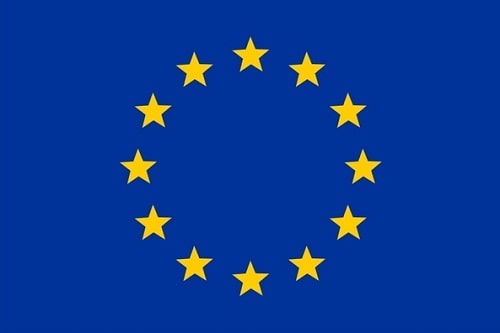
Schengen states to the EU passport-free region that covers a maximum of the European nations. It is the primary free travel zone in the world. A Schengen visa is a short-stay permit that lets a person travel to any affiliates of the Schengen Zone, per stays up to 90 days (in every six-month period starting from the date of entry) for travel or business determinations. The Schengen visa is the most communal visa for Europe. It permits visa owner to arrive, freely travel within, and leave the Schengen region from any of the Schengen member nations. There are no country border controls within the Schengen Region. Though, if you are scheduling to study, work, or live in one of the Schengen nations for further than 90 days, then you must apply for a national visa of that European country and not a Schengen Visa.
The Schengen fellow nations have settled on the expense of the visa charge, for all those who desire to apply in demand to get a Schengen visa. The Schengen visa charges are:
Schengen visa charges may also be lessened or waived for individuals fitting to one of these groups:
Individual Schengen fellow countries may propose additional optional visa charge waivers. Check out the official website.
The Schengen visa charge can be compensated in the chosen consulate/embassy through cash. Commonly, checks or credit cards are not acknowledged at a maximum of them. The Schengen visa expenses include the visa charge and the service charge. If the nation you live in uses a new currency, you can pay in that currency as per the current conversation rate permitted by the Embassy.
In case of visa appeal refusal or if you choose to dismiss your application, the charge will not get refunded. If you apply once more for a visa, you will have to pay the visa charge again. Compensation of the visa charge and the service charge does not promise that you will be approved with a visa. You will perhaps be charged with a service charge if you apply to an external service provider.